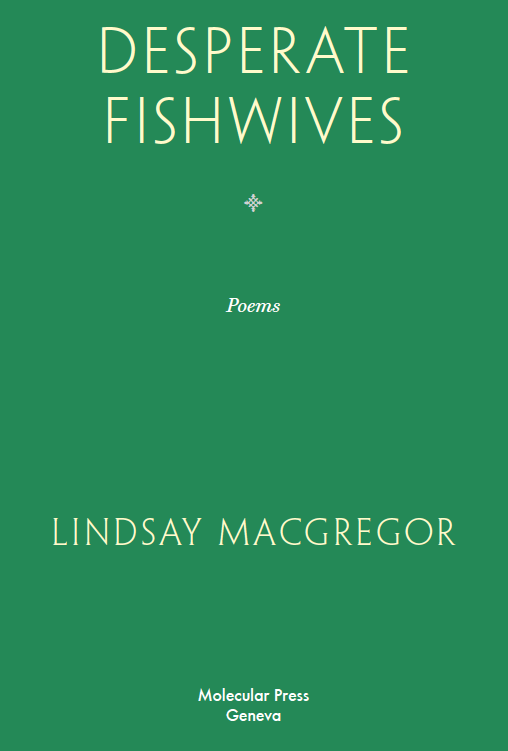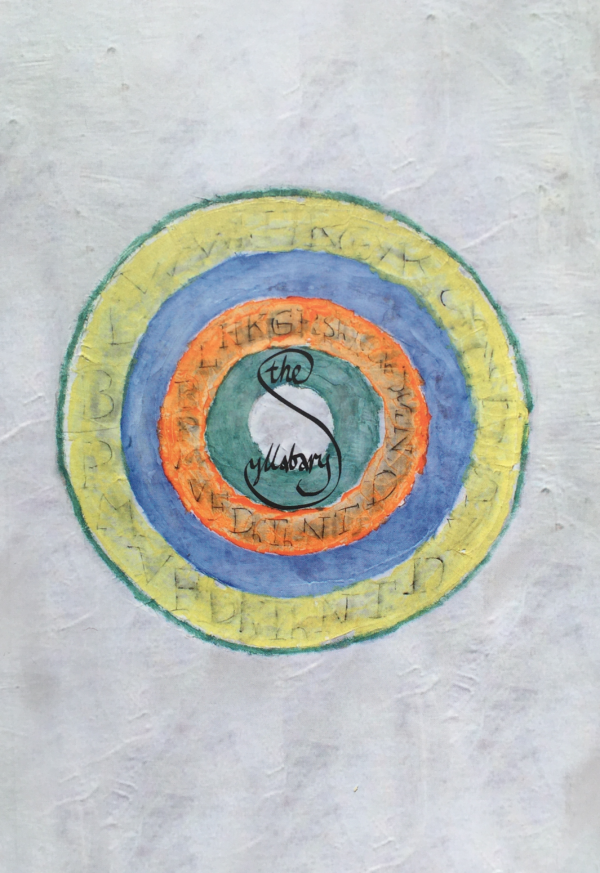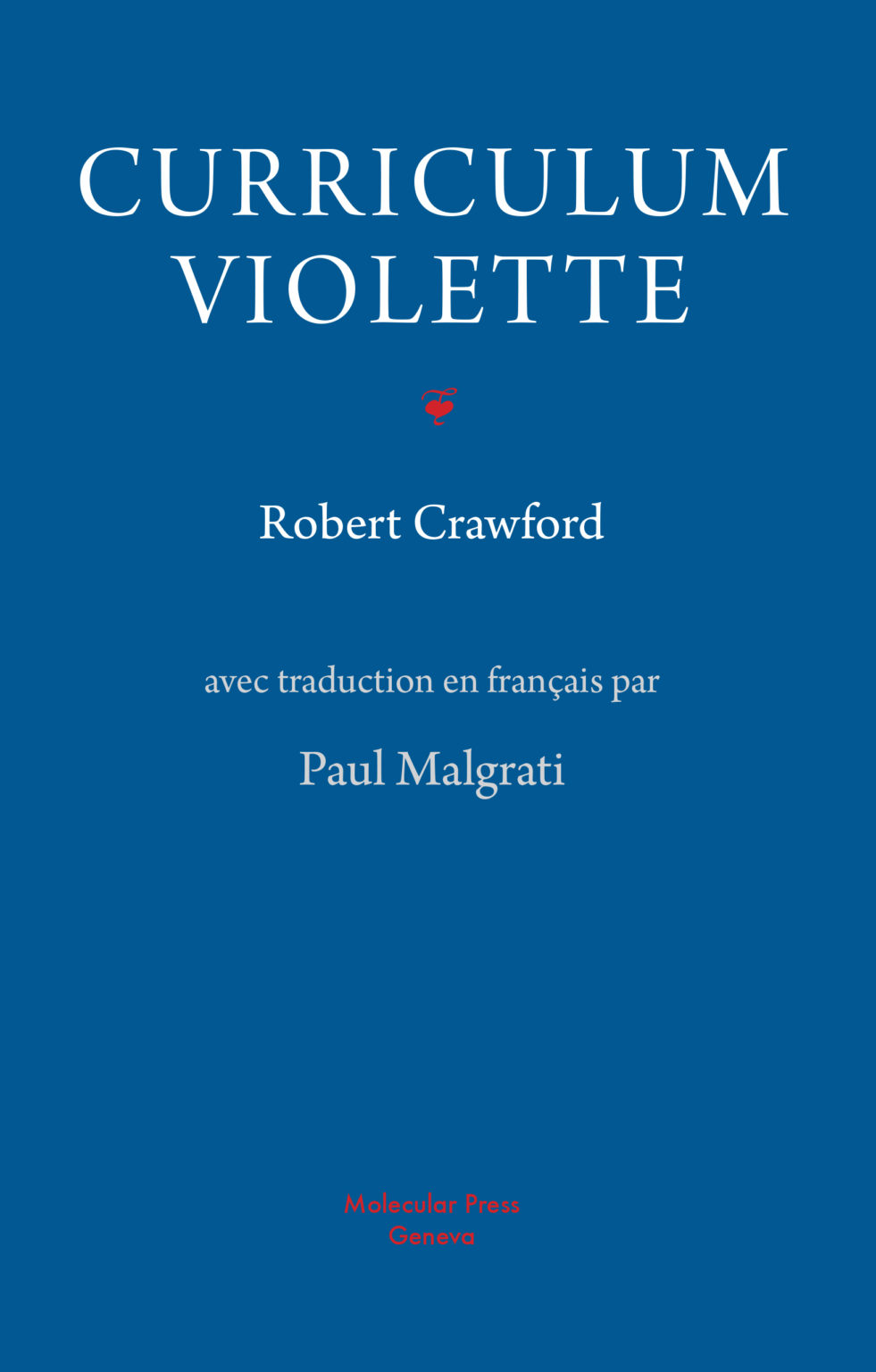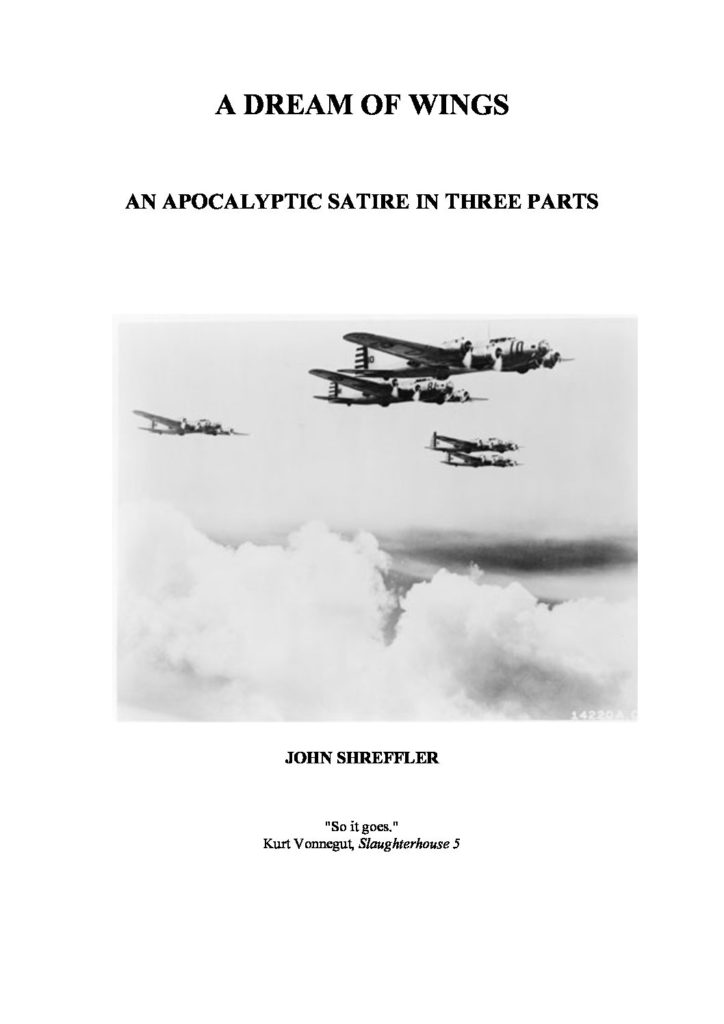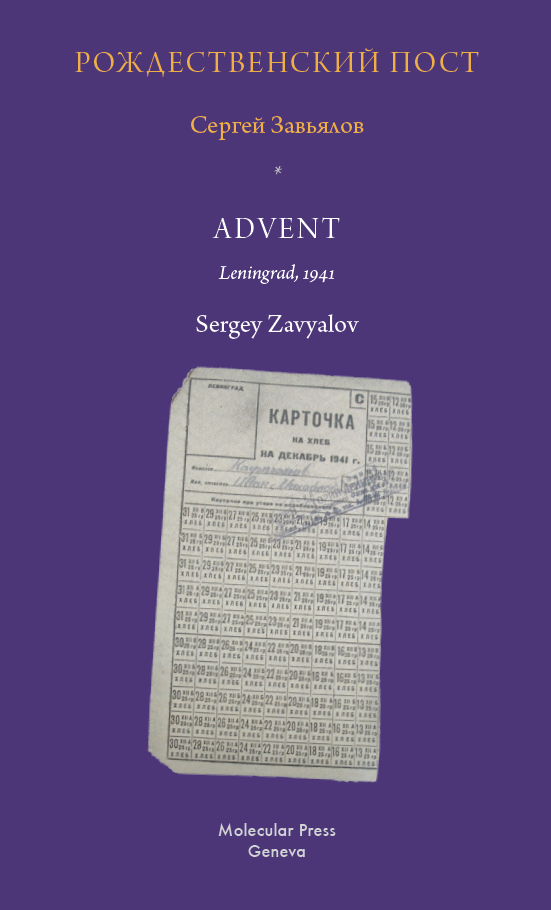Your basket is currently empty!
Desperate Fishwives
“Wild ducks
build nests on tufts
of grass or reeds
to save their chicks
from sudden floods.
This practice rarely works.”
Description
Launch on 13 March 2022 at Iota Arts Space, Glasgow.
“Lindsay MacGregor’s landscapes both precede and extend the notion of Scottishness: on the one hand into the archaeo- and geological, and on the other into the post-human. These are poems which not only conjecture that ‘The dead carry the day between two still lochs’, but investigate how. They are layered, subtle, and subversive, full of inquiring birdlife (whaups, cormorants, wrens, craws, dippers, snipe, and – why not? – penguins), herbs with an agenda (often types of bane), enigmatic moths, and melodic but unsettled outsiders, who might just be the place’s most honest inhabitants. Figures like MacDiarmid and Joan Eardley are seen altogether slant, parenthood and childhood carefully consider and sometimes swop roles, the overlooked and under-considered are given voices that they may be heard – although with only the justice of her very fine ear by way of recompense. Phrases, rhymes, place names, are turned and tumbled till shiny and shaken loose from our over-familiarity. The lullaby leaves us wide awake, as does the warning: ‘Don’t tamper with the harebells’ – or the hare. The numinous, too often reached for as a signal of authenticity, Celtic or otherwise, must wait its turn amid the ruins and the VR, grief will be heard before grievance in marvellously constructed and (where MacGregor plays with variation) reconstructed verse, by turns playful, melancholy, and furious. Yes, the fishwives are desperate, but, unlike those who hold them in such disregard, and like this remarkable and engrossing collection, they have an exact knowledge of their own worth. You might find this book handy yourself in weighing up things when you need to – not in general, but in precise, startling detail.” – W.N. Herbert
“For Lindsay MacGregor, language is landscape, and in these beautifully observed encounters with the natural world, she restores to us a past we thought lost. Her poems have the music and rhythmic energy of waves, and display an extraordinary breadth of knowledge, whether of Scottish history, paleontology, bird behaviour, art, or the word hoard. All kinds of language are taken out, shaken up, and arrive fresh and sparkling: ironic, humorous, formally daring, her poems awaken, scald and entrance, but are always deeply serious: she commands us to ‘search / for the meaning of loss in the lichen, soft shifts / in the ptarmigan’s compass, the angle of cavities.’ MacGregor uses all the tools language affords, and more, to let us feel the paradigm shift in these seemingly small events.” – Anna Crowe
“These are poems so respectful and precise in their attention to the landscape, we cannot help but stumble upon ourselves in them. These are poems for a world out of kilter. These are poems which will never permit us to grow complacent or comfortable. These are poems of wild places and wildflowers, poems of wildlife and the wildlife within us. These are poems by turns surreal, audacious, unsettling, outrageously funny, ominous, rewarding, playful. These are poems of our relationship with the natural world and the unnatural world of other people. These are poems you would do well not to ignore; poems you should never, ever turn you back on. These are the dangerous poems we need for dangerous times.” – John Glenday
Praise for Lindsay Macgregor’s “The Weepers”:
“So much could be said about this stunningly good debut pamphlet that it’s hard to choose one point of interest. But I’m going to pick up on rhythm, because I love the way these poems change their pace and movement, and the energy that’s released in the process. They dance: sure-footed, beautiful and elegantly varied … Something most unusual is going on here. Whatever it is, it is elliptical and well-turned, secretive and spell-binding, and the turn of phrase and verbal cadence is riveting.” – Helena Nelson, Sphinx Review
Additional information
| Author | Lindsay Macgregor |
|---|---|
| ISBN | 978-2-9701500-1-5 |
| Publication date | 2022 |
| Format | Perfect bound, 64 pages |

